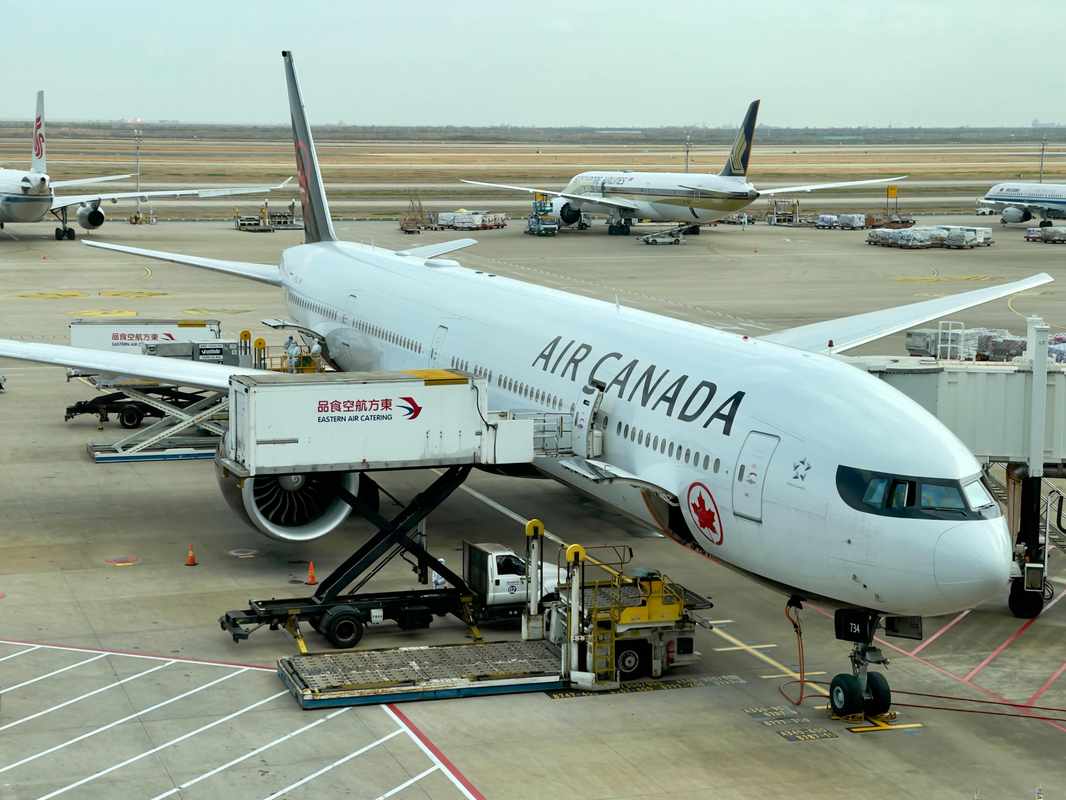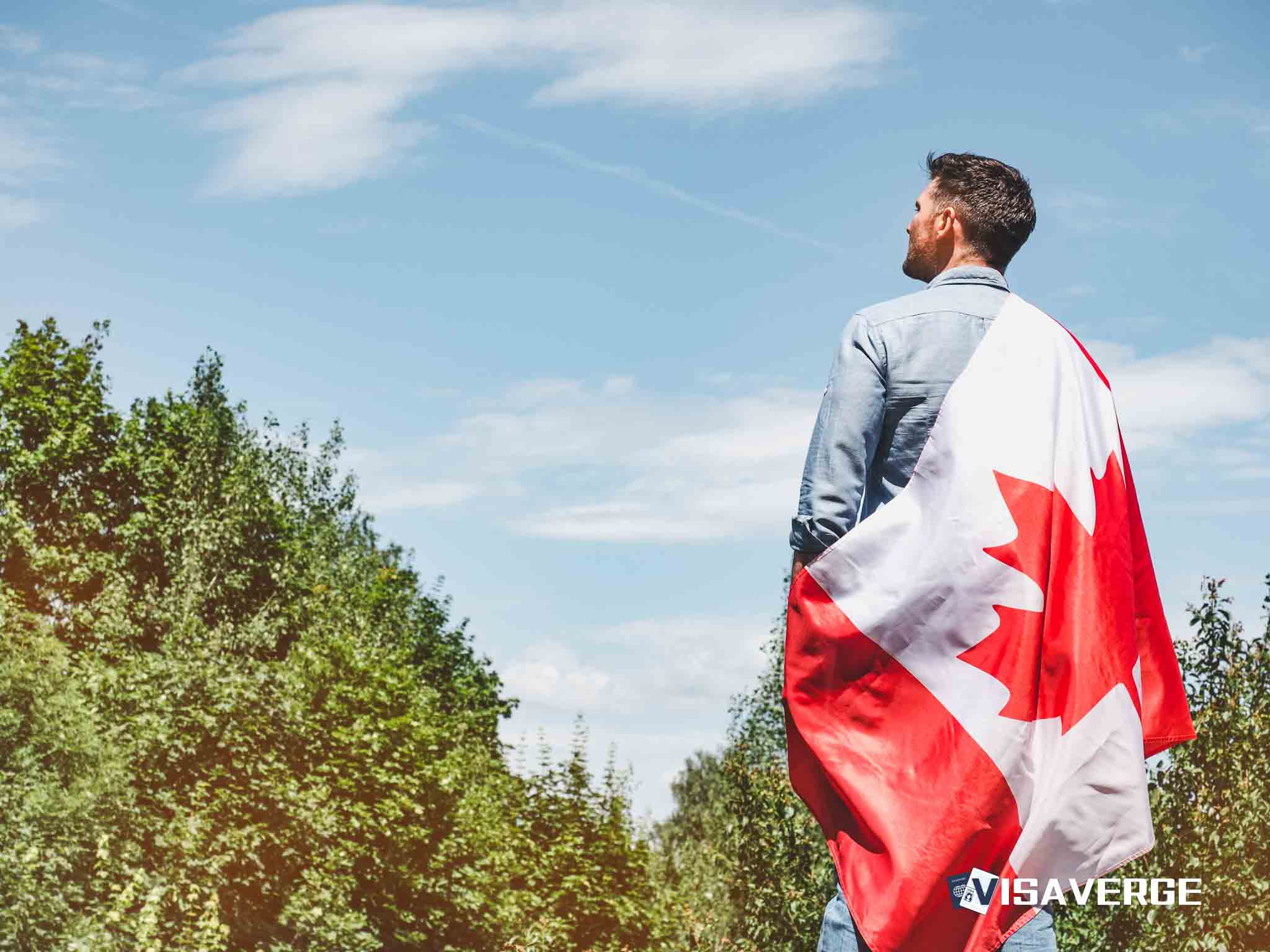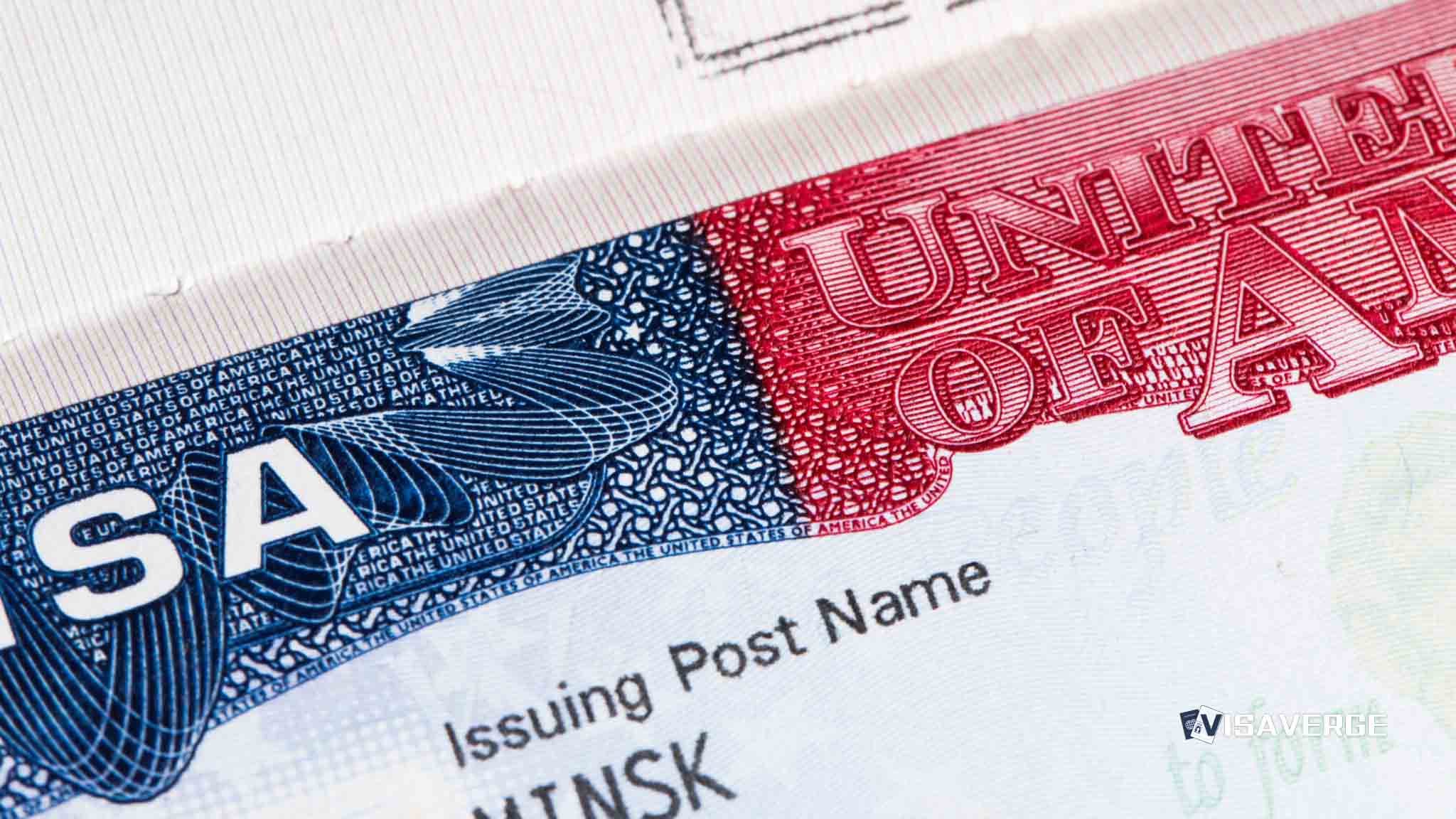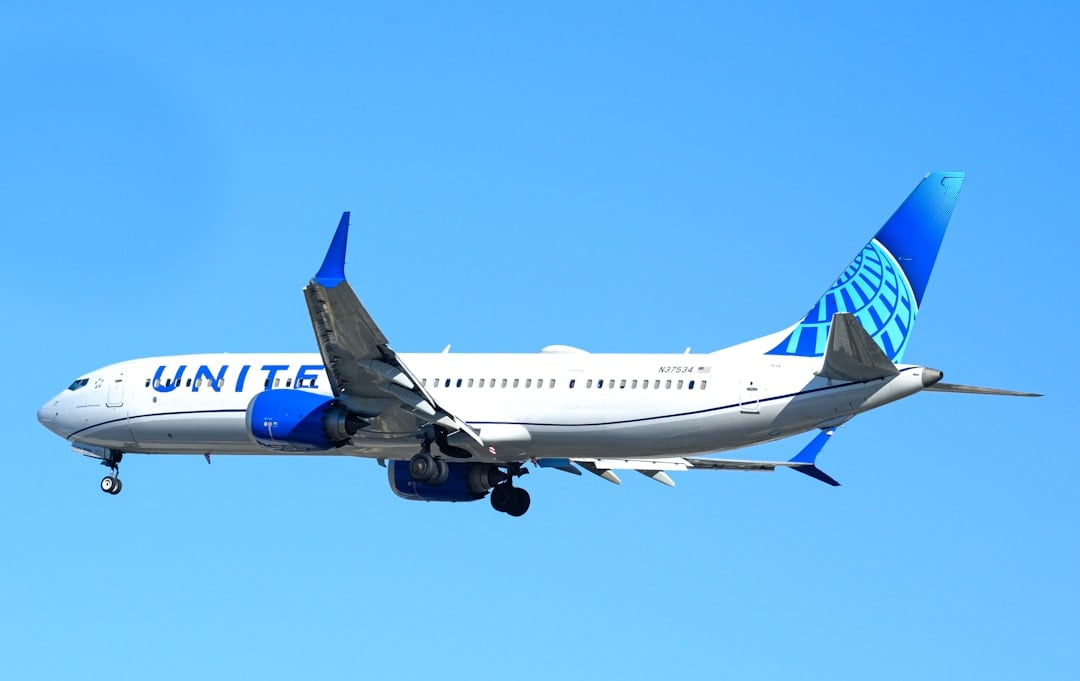Key Takeaways
• Indian students must show CAD 22,895+ for living expenses in Canada study visa applications for 2025.
• Study permits capped at 437,000 for 2025, increasing application competition significantly.
• Common refusals stem from insufficient funds, missing documents, or weak Statements of Purpose.
If you’re an Indian student planning to study in Canada 🇨🇦, you’ll need to follow a detailed process to secure your Canada study visa. Recent changes have made the process more demanding, especially when it comes to showing proof of funds. This guide will walk you through every step, explain the new requirements, and help you avoid common mistakes. By following these instructions, you’ll be better prepared to submit a strong application and increase your chances of success.
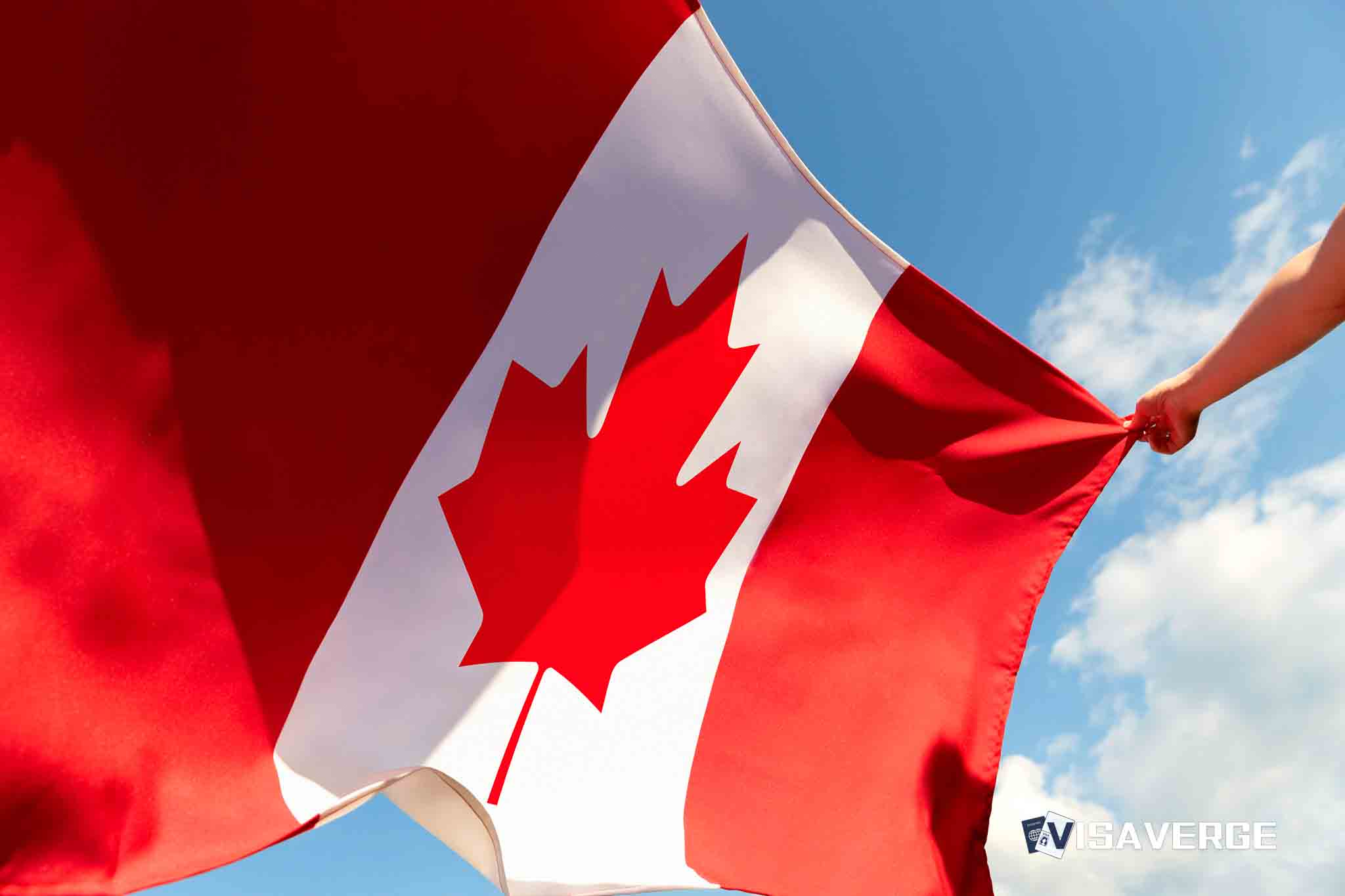
Purpose: Why the Canada Study Visa Process Has Changed
Canada 🇨🇦 is a top destination for Indian students because of its high-quality education and welcoming environment. However, the Canadian government has updated its policies to make sure students can support themselves financially and avoid hardship after arriving. These changes are meant to:
- Protect students from financial problems like high rent and food costs
- Manage the number of international students to address housing shortages and other social issues
- Ensure students have a good experience and can focus on their studies
The most important change for 2025 is the increase in the amount of money students must show for living expenses. This is separate from tuition and travel costs. There’s also a new cap on the number of study permits issued each year.
Step 1: Understand the New Financial Requirements
Before you start your application, it’s important to know exactly how much money you need to show for your Canada study visa.
1.1. Minimum Proof of Funds for 2025
- Single Student: You must show at least CAD 22,895 (about Rs 14 lakh) for living expenses. This does not include tuition or travel.
- Student with One Family Member: You must show CAD 28,502.
- Student with Two Family Members: You must show CAD 35,040.
Note: These amounts are set by Immigration, Refugees and Citizenship Canada (IRCC) and are updated each year. Always check the official IRCC website for the latest figures.
1.2. What Counts as Proof of Funds?
You can use any of the following to show you have enough money:
- Guaranteed Investment Certificate (GIC): A special account where you deposit money, and the bank gives you a certificate.
- Bank Statements: Recent statements showing your account balance.
- Education Loan Approval Letter: A letter from a recognized bank confirming your loan.
- Scholarship or Funding Letter: If you have a scholarship, include the official letter.
Important: The money must be available and ready to use. You can’t count money that you plan to earn from part-time work in Canada 🇨🇦.
1.3. Why This Matters
If you don’t meet the new financial requirements, your application will be refused. The Canadian government wants to make sure you won’t face problems like:
- Not being able to pay rent or buy food
- Needing to drop out of school
- Becoming homeless or facing other hardships
Step 2: Gather All Required Documents
Once you understand the financial requirements, start collecting the documents you’ll need for your application.
2.1. List of Essential Documents
- Letter of Acceptance: From a recognized Canadian school (Designated Learning Institution).
- Proof of Funds: As explained above.
- Valid Passport: Must be valid for the duration of your studies.
- Passport-Sized Photos: As per IRCC specifications.
- Completed Application Form: IMM 1294 (Application for Study Permit Made Outside of Canada).
- Statement of Purpose (SOP): Explaining why you want to study in Canada 🇨🇦 and your plans after graduation.
- Educational Documents: Transcripts, certificates, and degrees.
- Police Certificate: To show you have no criminal record.
- Medical Exam Report: From a panel physician approved by IRCC.
- Receipt for Application Fee: Proof that you paid the visa fee.
2.2. Additional Documents (If Applicable)
- Custodian Declaration: If you’re under 18 years old.
- Marriage Certificate: If your spouse is accompanying you.
- Birth Certificates: For children accompanying you.
Tip: Keep both original and photocopies of all documents. Scan and save digital copies for online submission.
Step 3: Submit Your Application Online
The Canadian government requires most students to apply online for a study permit.
3.1. Create an IRCC Account
- Go to the IRCC website.
- Create a secure account using your email address.
3.2. Complete the Application Form
- Fill out Form IMM 1294 carefully.
- Double-check all information for accuracy.
3.3. Upload Documents
- Attach all required documents in the correct format (PDF, JPG, etc.).
- Make sure each file is clear and readable.
3.4. Pay the Application Fee
- The fee for a study permit is CAD 150.
- Pay online using a credit or debit card.
- Save the payment receipt.
3.5. Submit the Application
- Review your application one last time.
- Click “Submit.”
- You’ll receive a confirmation email with your application number.
Estimated Time: 1-2 days to gather and upload documents, plus time for payment and review.
Step 4: Complete Biometrics and Medical Exam
After submitting your application, you’ll receive instructions for biometrics and a medical exam.
4.1. Biometrics
- What is it? Fingerprints and a photo taken at a Visa Application Centre (VAC).
- How to do it: Book an appointment at your nearest VAC.
- Fee: CAD 85 (in addition to the application fee).
- Time Estimate: 1-2 hours for the appointment.
4.2. Medical Exam
- Who needs it? Most students from India must complete a medical exam.
- Where to go: Only visit a doctor approved by IRCC (panel physician).
- What to bring: Passport, 4 photos, and any medical records.
- Time Estimate: 1-2 days to get an appointment and complete the exam.
Tip: Book your appointments early to avoid delays.
Step 5: Obtain a Police Certificate
You must show you have no criminal record.
- Where to get it: Local police station or passport office in India.
- Who needs it: Anyone over 18 years old applying for a study permit.
- What to bring: Passport, application form, and any required fees.
- Time Estimate: 1-2 weeks (processing times vary by location).
Note: If you’ve lived in another country for more than six months since turning 18, you’ll need a police certificate from that country too.
Step 6: Wait for a Decision
After you’ve submitted your application and completed all extra steps, IRCC will review your case.
6.1. Processing Time
- Average Time: 4-8 weeks, but can be longer during busy periods.
- How to check: Log in to your IRCC account to track your application status.
6.2. Possible Outcomes
- Approval: You’ll receive a Port of Entry (POE) Letter of Introduction and, if required, a temporary resident visa (TRV).
- Refusal: You’ll get a letter explaining why your application was refused.
Tip: If refused, review the reasons carefully. You may be able to reapply after fixing the issues.
Step 7: Prepare for Arrival in Canada 🇨🇦
Once approved, you’ll need to get ready for your move.
7.1. Documents to Carry
- POE Letter of Introduction
- Valid Passport
- Visa or eTA (if required)
- Letter of Acceptance from your school
- Proof of Funds
- Medical Exam Report
- Police Certificate
7.2. Arrival Tips
- Customs Questions: Be ready to answer questions about your studies and finances.
- Proof of Funds: Carry recent bank statements or your GIC certificate.
- Contact Information: Have your school’s address and contact details handy.
Common Pitfalls and How to Avoid Them
Many Indian students make mistakes that can delay or ruin their Canada study visa application. Here’s how to avoid the most common problems:
1. Not Showing Enough Funds
- Mistake: Submitting old or incomplete bank statements.
- Solution: Use a GIC or provide recent, clear statements. Make sure the money is in your name or your sponsor’s name.
2. Missing Documents
- Mistake: Forgetting to upload a required document.
- Solution: Double-check the checklist before submitting. Use the IRCC document checklist.
3. Unclear Statement of Purpose (SOP)
- Mistake: Writing a vague or generic SOP.
- Solution: Clearly explain why you chose your course and school, and how it fits your career plans.
4. Delaying Biometrics or Medical Exam
- Mistake: Waiting too long to book appointments.
- Solution: Book as soon as you get instructions from IRCC.
5. Ignoring Application Deadlines
- Mistake: Missing school or visa deadlines.
- Solution: Start early and keep track of all important dates.
Troubleshooting: What to Do If Your Application Is Refused
If your Canada study visa application is refused, don’t panic. Here’s what you can do:
1. Read the Refusal Letter Carefully
- Look for the specific reasons given by IRCC.
2. Common Reasons for Refusal
- Not enough proof of funds
- Weak SOP
- Missing documents
- Concerns about your intention to return to India after studies
3. How to Fix the Problems
- Gather stronger proof of funds (GIC, updated bank statements)
- Rewrite your SOP to make it more personal and detailed
- Add any missing documents
- Show stronger ties to India (family, job offer, property)
4. Reapply
- You can reapply after fixing the issues. There’s no waiting period, but make sure your new application is stronger.
Checklist Summary: Canada Study Visa Application for Indian Students
Before You Apply:
- [ ] Check the latest financial requirements on the IRCC website
- [ ] Get your Letter of Acceptance from a Canadian school
- [ ] Prepare proof of funds (GIC, bank statements, loan letter)
- [ ] Gather all educational and personal documents
During Application:
- [ ] Complete Form IMM 1294 online
- [ ] Upload all documents in the correct format
- [ ] Pay the application and biometrics fees
- [ ] Book and complete biometrics and medical exam
- [ ] Obtain a police certificate
After Submission:
- [ ] Track your application status online
- [ ] Prepare for arrival by collecting all required documents
Time Estimates for Each Step
- Gathering Documents: 1-2 weeks
- Completing Application: 1-2 days
- Biometrics Appointment: 1-2 days (plus scheduling time)
- Medical Exam: 1-2 days (plus scheduling time)
- Police Certificate: 1-2 weeks
- Processing Time: 4-8 weeks
Total Estimated Time: 2-3 months from start to finish
Additional Tips for Indian Students
- Start Early: Begin preparing at least 6 months before your course starts.
- Budget Wisely: Living costs in cities like Toronto and Vancouver are higher than in smaller cities.
- Look for Scholarships: Many Canadian schools offer scholarships for international students.
- Stay Informed: Policy changes can happen at any time. Always check the IRCC website for updates.
Key Points to Remember
- You must show at least CAD 22,895 (about Rs 14 lakh) for living expenses, not including tuition or travel.
- The number of study permits is capped at 437,000 for 2025, so competition is higher.
- Missing or weak documents are the most common reasons for refusal.
- You can reapply if refused, but you must fix the problems first.
Final Thoughts
The Canada study visa process for Indian students is more demanding in 2025, especially with the higher proof of funds requirement and the cap on study permits. As reported by VisaVerge.com, these changes are meant to protect students and ensure they have a positive experience in Canada 🇨🇦. By following the steps in this guide, preparing your documents carefully, and staying up to date with official information, you can give yourself the best chance of success.
For the most accurate and current information, always refer to the official IRCC website.
Good luck with your Canada study visa journey!
Learn Today
Study Permit → Official document allowing international students to study legally in Canada for a specific period.
Proof of Funds → Financial evidence required to demonstrate an applicant can cover living expenses while studying.
Biometrics → Capture of fingerprints and photo required by IRCC for identity verification in visa applications.
Designated Learning Institution → Canadian school recognized by the government to admit international students for study permits.
Police Certificate → Document verifying an applicant’s criminal record status, mandatory for most study permit applicants.
This Article in a Nutshell
Canada’s updated 2025 study visa requires Indian students to prove higher funds and face permit caps. Applicants must submit detailed documents, complete biometrics, and medical exams. Careful preparation improves success chances amid the new financial and procedural demands affecting thousands applying to study in Canada.
— By VisaVerge.com


